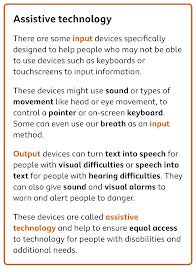Authentic learning

The concept of authentic learning is more of a philosophy, that helps to provide a useful pedagogical guide and model for curriculum design rather than a learning theory (Herrington, 2015; Shaffer and Resnick, 1998). Authentic learning is based on a constructivist view in which students create their own understandings of new concepts and practices by integrating their previous experience, the resources they have, their own research and their current experience (Roach et al, 2018). Shaffer and Resnick (1999) analysed the literature around authentic education and found there to be four main identifiable kinds of authentic learning. They describe: (a) learning that is personally meaningful for the learner, (b) learning that relates to the real world out of school, (c) learning that provides opportunity to think in the modes of the particular discipline, and (d) learning where the means of assessment reflect the learning process (p.195). They details around each kin...











